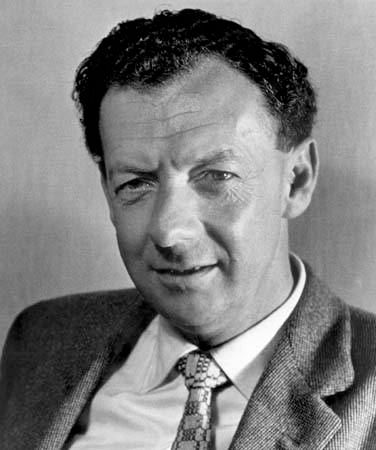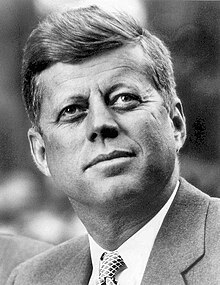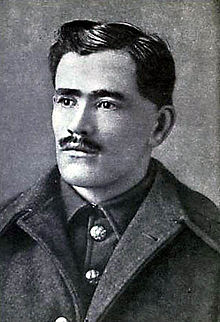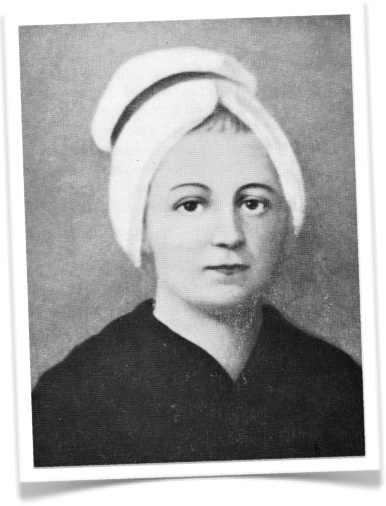
The Germans are fighting back, it seems. There are new developments with regard to the German bishop's plans to give Holy Communion to divorced and remarried. In the latest salvo Church "officials" in Germany are saying that the Pope endorses their plan. The Catholic Herald has the story. One spokesman has said that they are acting "in the spirit of Pope Francis". (Yes, I know, I can hear your groaning: here we go again: "spirit of Vatican II" and now the "spirit of Pope Francis") It seems these comments are based on the "officials'" reading of the Evangelii Gaudium.
For the record the Holy Father has not endorsed the German bishops's plan: he has called a Synod and raised a question as to how we can minister to those who are in irregular relationships: a pastoral issue that does have to be addressed. He said nothing about admitting those in such relationships to Holy Communion. In his Apostolic Exhortation Evangelii Gaudium he does describe the Eucharist as not being a prize for the perfect but a powerful medicine and nourishment for the weak, and that is true. But that does not mean the Pope is changing the Church's law on who can or cannot receive the Eucharist - that law is based on the moral law. To change the Church's law on this issue is to change the moral law and the teaching of Christ and not even a pope can do that.
As regards the Church not closing her doors on people: she shouldn't and nowadays she doesn't. However we had better be very careful not to confuse people's decision to walk away from the Church or to defy Christ's teaching with the Church's closing her doors on them. If Catholics choose a course of action that is contrary to the teaching of Christ or his Church that has consequences: consequences of a decision they made, not the Church.
As every act has a consequence we have to be responsible and face up to these consequences, and if one of those consequences is a rupture with the Church or, if objectively gravely sinful, excludes full participation in the sacramental life of the Church, the Church cannot be blamed for what individuals have chosen to do themselves. Critics of the Church say the Church should change her teachings so those who chose a path that is contrary to the Gospel and the moral law are not excluded. Well such a demand is a demand for the Church to endorse the sinful actions and decisions of individuals and if she is to remain faithful to her Saviour, she cannot do that.
Looking to Christ we see love and mercy, compassion to the point of sacrifice, but we never see the endorsement of sin or its justification. Those often quoted words of the Lord "neither do I condemn you" are often left hanging without the important bit at the end: "go and sin no more". Christ does not condemn the adulterous woman because he will die for her sins, but he demands conversion - she cannot go on as before, she has to change her life. The Church, who must be obedient to Christ, cannot endorse or justify sin, not even for "pastoral reasons". But she should seek to help people embrace the moral law in its fullness - that is the real meaning of pastoral work.
Let us keep praying. Let us pray for the Holy Father, and most especially for our brothers and sisters in difficult situations.































